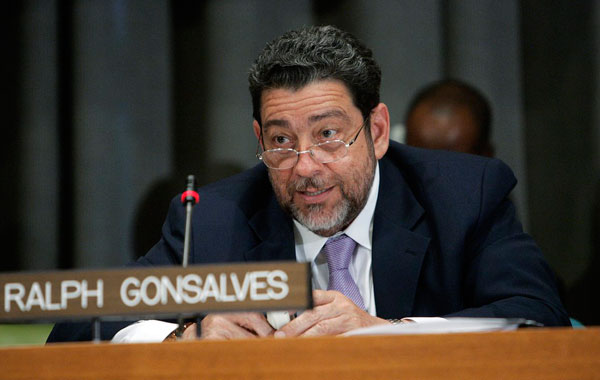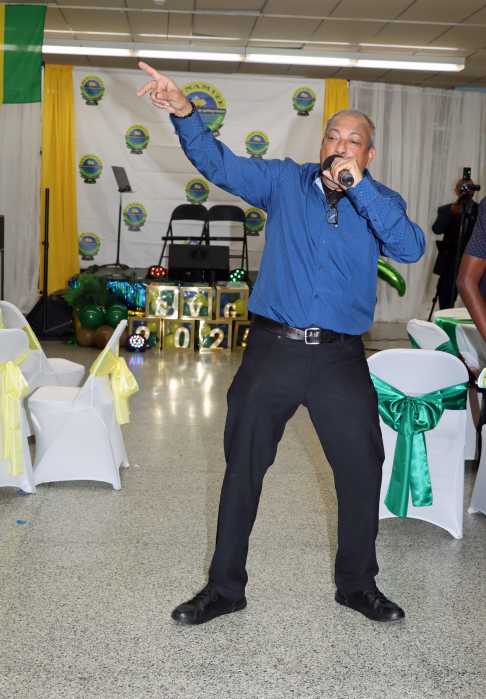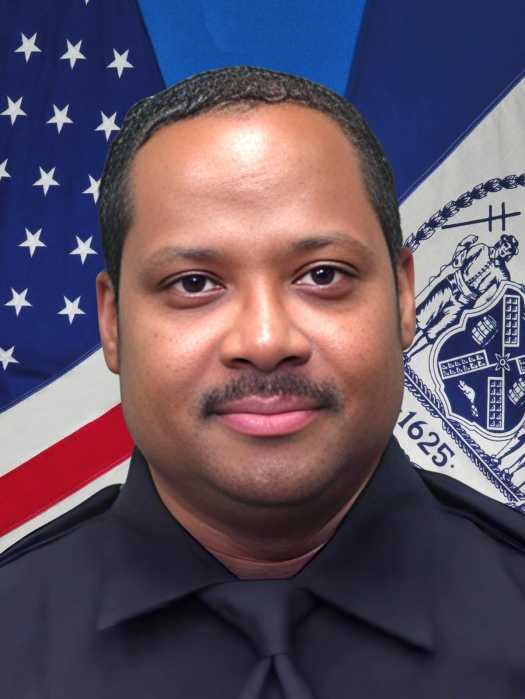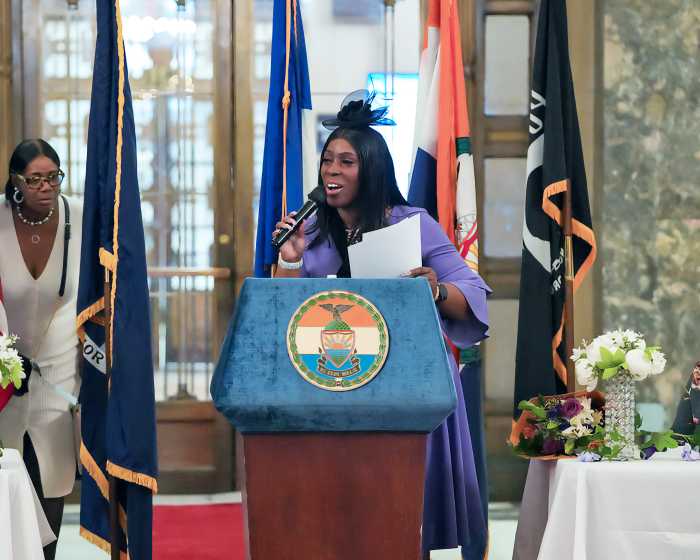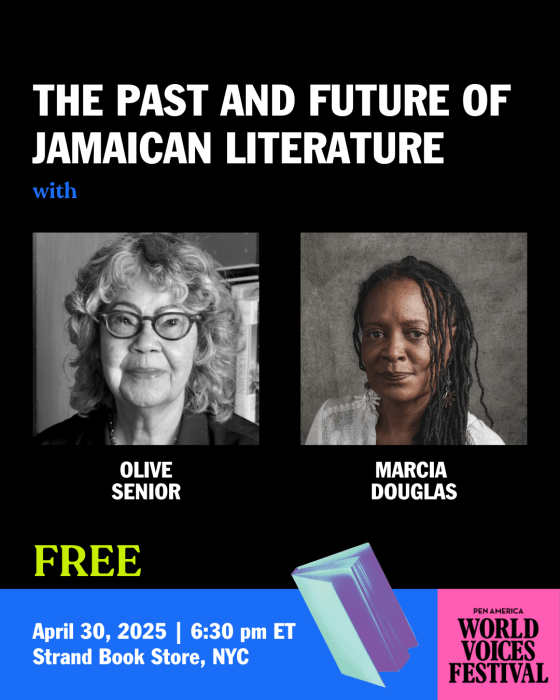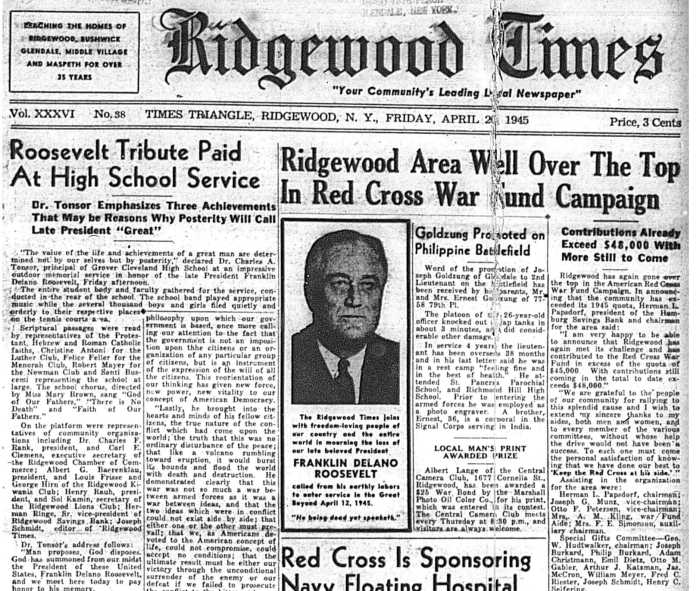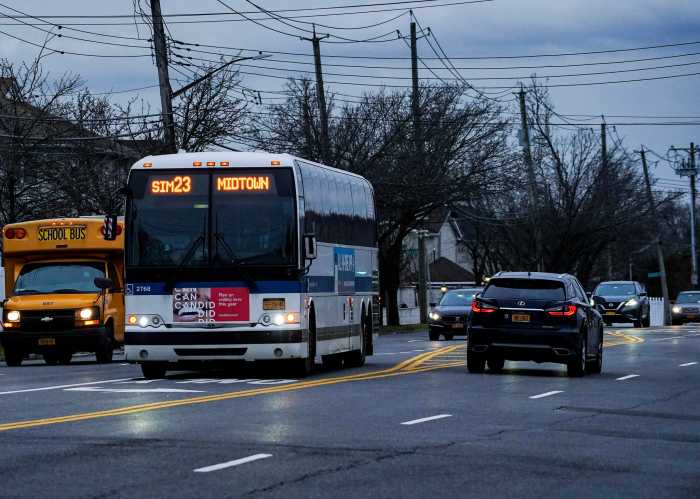The Caribbean Community (CARICOM) diplomatic corps at the United Nations has described as “uncivilized” last week’s arrest of St. Vincent and the Grenadines’ Ambassador to the U.N., Camillo Gonsalves, by the New York Police Department (NYPD).
In a letter to U.S. Ambassador to the United Nations Susan Rice, Delano Bart, ambassador of St. Kitts and Nevis to the U.N. and chairman of the U.N. corps, said Gonsalves’ arrest was a “flagrant violation” of the rules of diplomatic immunity and privileges.
He described Officer Parker’s treatment of Gonsalves, the eldest son of Prime Minister Dr. Ralph Gonsalves, as “provocative and uncivilized” and a “very serious and flagrant violation of obligations under the United Nations Headquarters Agreement and the Vienna Convention on Diplomatic Relations.”
Under those agreements, the U.S. recognizes diplomatic immunity from arrest and prosecution for accredited foreign diplomats.
“On his way to the elevator, he was shouted at and confronted by a police officer, who rudely questioned his action and then grabbed him by the neck and shoulder, displaying undue physical harassment against the ambassador,” wrote Bart in his letter to Rice.
Bart said that the United States, as host country of the U.N. Headquarters, “must ensure that such cases are thoroughly investigated and remedied, in accordance with the applicable international law.
“We call for immediate action to address these violations since such adherence could have prevented the physical and psychological distress which Ambassador Gonsalves suffered without any justification,” he said. Bart said that the observance of privileges and immunities is of great importance to the normal functioning of the diplomatic community.
“We are, therefore, bringing this most unfortunate incident experience by Ambassador Gonsalves to the attention of the host country, with the expectation that the matter will be fully addressed to improve the conditions and to promote the required and expected compliance with international norms relating to diplomatic privileges and immunities,” he said.
The NYPD claimed, in a brief statement, that its officer “had asked the ambassador to stop, he refused, he continued and entered into the location, and the officers followed him into the location.”
But Gonsalves refuted the NYPD’s claim.
“I never refused to identify myself,” he told Caribbean Life in an interview. “I asked him (police officer) ‘why, am I under arrest?’ And he said, ‘you’re now’.
“I didn’t say I wouldn’t show ID (identification),” Gonsalves affirmed.
He further said he did not get the opportunity to show identification because the white police officer, who he could only identify by his last name and badge number – Parker, 21289 – had unexpectedly grabbed him from behind and “spun” him around, in the lobby of the building and immediately wrestled to handcuff him.
The envoy, however, said, while his hands were clasped in front of his person, he told Officer Parker that he should not be arrested under the Vienna Convention on Diplomatic Relations, which gives diplomats immunity.
Gonsalves also denied reports that he had entered barricades erected in front of the Mission building at 800 Second Avenue.
He said no wooden or metal barricade was erected in front of the building when he returned from a business lunch on Wednesday with the U.N. ambassadors of Taiwan and Gambia.
He said police usually erect metal barricades to contain the crowd when there are demonstrations against Israel, whose Mission to the U.N. is also housed, along with some Caribbean and African countries, in the same building.
Gonsalves, however, said metal railings were stacked against concrete blocks in front of the building.
“To say I went through the barricade wouldn’t be correct,” he told Caribbean Life. “I did not break the barricade.”
Gonsalves said, after his driver dropped him off in front a “police guard post,” located in front of the building, he “nodded” at the police officer stationed inside.
As he walked towards the entrance, he said the officer shouted: “Hey, you, what do you see the barricades there for?”
Gonsalves said, since he thought the officer could not be speaking to him, he kept walking.
He said the officer then entered the building and “assaulted” him, calling for “back up” by other police officers.
The diplomat said, with the aid of his colleagues, Officer Parker handcuffed him for 20 minutes.
Gonsalves said, after his U.N. diplomatic colleagues and their staffers told the officers they had erred in arresting him, the officers tried to defuse the situation, deciding not to press “disorderly conduct” charges against him.
He said he had also spoken to a State Department official at the United Nations about the matter.
As a result of being “roughed up” by the police, Gonsalves said he is experiencing “a lot of numbness in my left thumb, and my left shoulder is having difficulty moving.
“Behind my left ear, I have scratches,” he said, disclosing that he had gone to the Emergency Room at New York University Hospital for treatment on Wednesday night.


